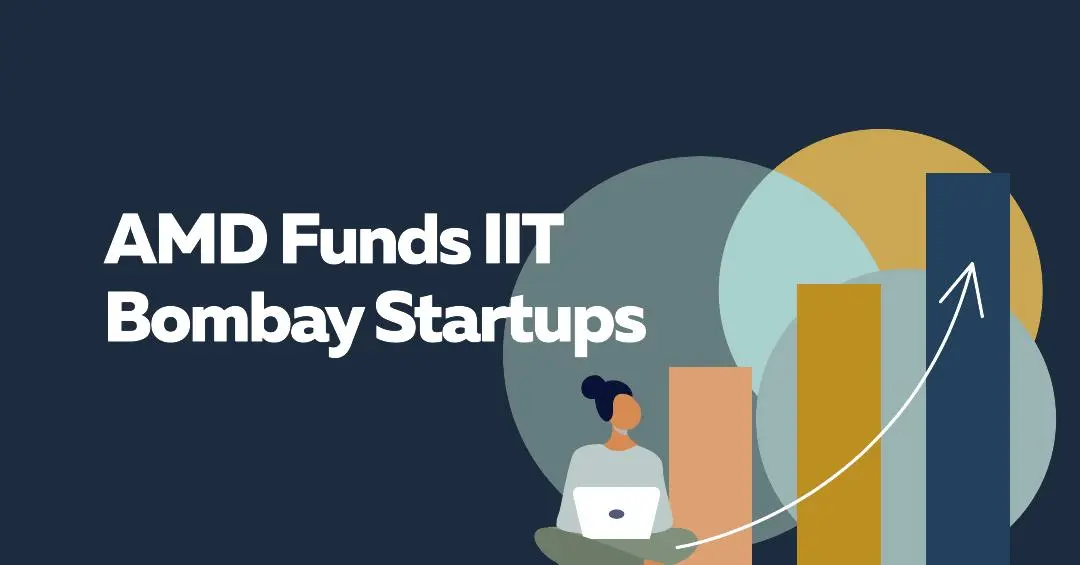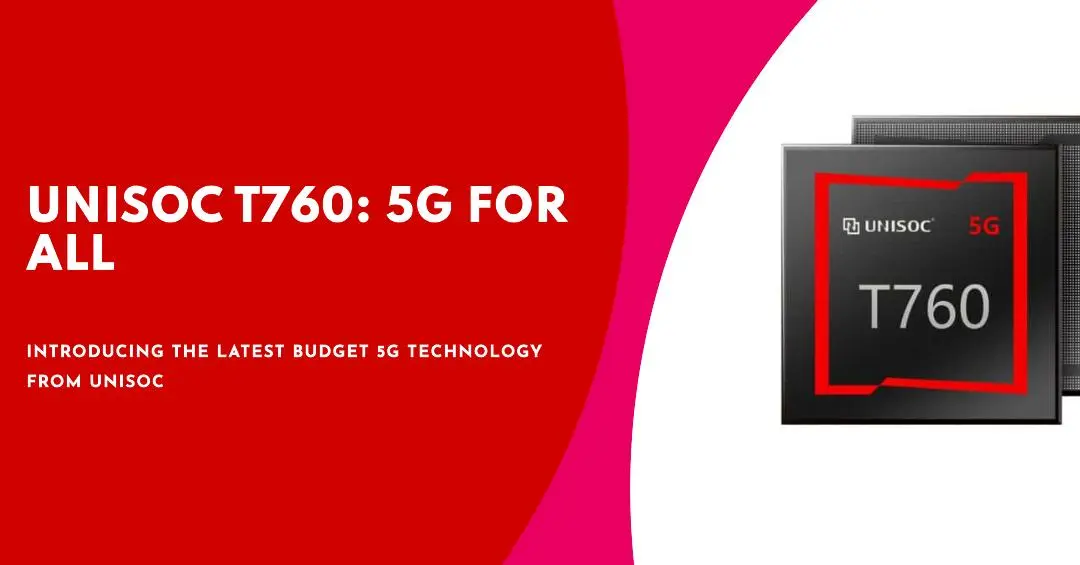The Department of Space (DoS) has been proposed to receive a budget allocation of Rs 11,999 crore (approx $1.63 billion) for the financial year 2024-25, which is an increase of nearly 18% from the revised estimate of Rs 10,170 crore for 2023-24 .
India’s space sector has been witnessing a rapid transformation in recent years, with the emergence of several private players and startups, as well as increased collaboration with foreign partners. The government has also taken steps to liberalize the space industry and encourage innovation and entrepreneurship. However, there are still many challenges and opportunities for the sector to grow and contribute to the nation’s development.
The interim Budget 2024, presented by Finance Minister Nirmala Sitharaman on February 1, has been welcomed by the space industry as a positive step towards addressing some of their key demands and expectations. Here are some of the highlights of the Budget 2024 for the space sector and its impact on the stakeholders.
India’s Space Budget Allocation:
- The Department of Space (DoS) has been proposed to receive a budget allocation of Rs 11,999 crore (approx $1.63 billion) for the financial year 2024-25, which is an increase of nearly 18% from the revised estimate of Rs 10,170 crore for 2023-24 . This reflects the government’s commitment to support the space activities and missions of the Indian Space Research Organisation (ISRO) and its subsidiaries.
- The Budget 2024 has introduced a new scheme called “Anusandhan”, which offers a Rs 1 lakh crore corpus to fund research and innovation in tech startups and MSMEs, with a focus on deep-tech and advanced technology . This is expected to benefit the space startups and entrepreneurs who are working on cutting-edge solutions in areas such as satellite communication, remote sensing, launch vehicles, space exploration, etc.
- The Budget 2024 has also announced a production-linked incentive (PLI) scheme for the semiconductor industry, which aims to create a conducive environment for the sector and position India as a global semiconductor hub . This is a significant move for the space industry, as semiconductors are essential components for various space applications and systems. The PLI scheme will help reduce the dependence on imports and boost local manufacturing and innovation
- The space industry has also sought some policy reforms and tax incentives from the government to enhance their competitiveness and ease of doing business. Some of their demands include a liberal FDI policy, GST exemption, lower tax rates, reduced withholding tax, and a comprehensive regulatory framework . The industry body, Indian Space Association (ISpA), has also requested a PLI scheme for space manufacturing and components . These measures will help attract more investments and talent to the sector and create a level playing field for the private players.
Some of the opportunities that the Indian space sector can leverage are:
- Expanding the market for satellite services and applications in various sectors such as agriculture, education, health, disaster management, etc.
- Developing new capabilities and technologies for low-cost access to space, reusable launch vehicles, small satellites, human spaceflight, lunar and planetary exploration, etc.
- Collaborating with global partners for joint missions, data sharing, technology transfer, capacity building, etc.
- Creating a vibrant ecosystem of startups, academia, industry, and government agencies to foster innovation and entrepreneurship.
- Enhancing the social impact and outreach of space activities to inspire young minds and generate public awareness.
Conclusion:
The Budget 2024 has shown a positive outlook for the space sector and its potential to contribute to India’s development. The government has recognized the need to support the sector with adequate funding, incentives, and policies. The space industry has also expressed its appreciation and optimism for the Budget 2024 and its impact on their growth and innovation. However, there is still scope for more reforms and initiatives to address the challenges and opportunities in the sector and make India a global leader in space technology.
In a time when every enterprise and nation is trying to build their own sovereign AI, Nvidia has introduced a new offering …
Yesterday, BSNL took the internet by storm by announcing that they had completed the installation of another 1000 4G towers within a …
Follow us Join TechBytes As the electric vehicle (EV) revolution accelerates, Europe finds itself at a crossroads. While high-tech microchips have long …
By now, you guys must have heard of news saying the demand for HBM (high-bandwidth memory) due to the AI sector boom …
In 2021, AMD announced an ambitious target of achieving a 30X increase in energy efficiency for its EPYC CPUs and Instinct accelerators …
Unisoc has launched it Unisoc T760 chipset in India targeting budget 5G smartphones. It looks like Unisoc is trying to capture some share from Mediatek in budget Indian smartphone market.











